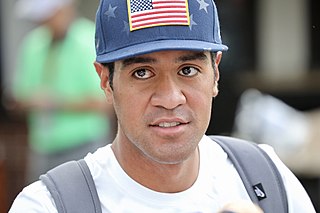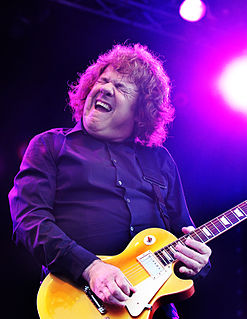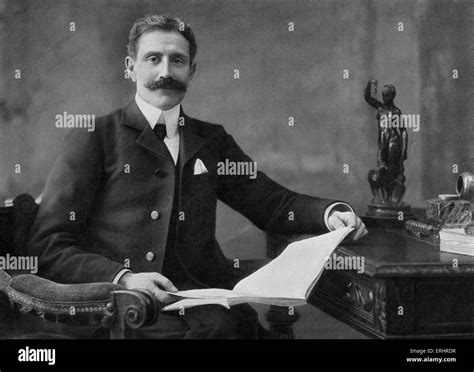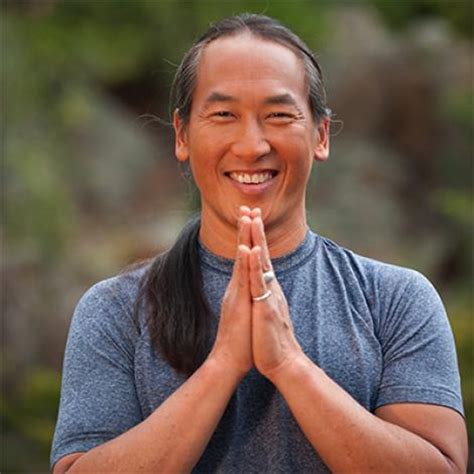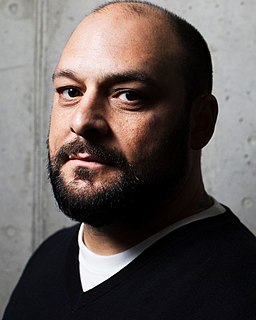A Quote by Travis Bradberry
Most people believe that their listening skills are where they need to be, even though they aren't. A study at Wright State University surveyed more than 8,000 people from different verticals, and almost all rated themselves as listening as well as or better than their co-workers. We know intuitively that many of them are wrong.
Related Quotes
The goal is that people will find something of themselves in it. But you don't need to know what a hexachord is! You don't need to know what serialism is. You don't need to know anything technical. It's more about the state of mind of being open and listening to what's really going on. And I think that the more open you can be, the better. So maybe it's not good to have expectations.
We do God’s work for our brothers and sisters when we learn to listen to them. So often Christians, especially preachers, think that their only service is always to have to 'offer' something when they are together with other people. They forget that listening can be a greater service than speaking. Many people seek a sympathetic ear and do not find it among Christians, because these Christians are talking even when they should be listening.
Long before I wrote stories, I listened for stories. Listening for them is something more acute than listening to them. I suppose it’s an early form of participation in what goes on. Listening children know stories are there. When their elders sit and begin, children are just waiting and hoping for one to come out, like a mouse from its hole.
I hated motivators - never been a motivator. Motivation is like a warm bath, and you should take a bath probably, but you need more than that; you need strategy. I was a strategist, but nobody responded to that, so I was, like, "OK, what am I? I'm a coach. I'm not a guru." As an athlete, I had great coaches, and I was a better athlete than many of them, but they still were better than I was as a coach because they could see when I couldn't see. I thought, that's great, because I'm not better than anybody, but I do have the skills that I can help people.
Become better listeners. Practice the art of listening in everything you do. Not just listening to yourself and your body, but listening to the people around you, listening to the plant world, the animal world. Really open your ears to what's coming at you. From there, see if you can have the ability to respond instead of react. And that usually comes with listening. If the observation and the listening are deep, then your action will be deep also.
Today, we need a Church capable of walking at people's side, of doing more than simply listening to them.... At times we lose people because they don't understand what we are saying, because we have forgotten the language of simplicity and import an intellectualism foreign to our people.... We cannot keep ourselves shut up in parishes, in our communities, when so many people are waiting for the Gospel.
We need to make sure that our children know different kinds of people, eat different kinds of food, and learn our true history. The way most schools teach history is wrong. If they talk about slavery it's typically just for a couple of days and the lessons almost never address the systems that have hindered people of color for more than 250 years. This has to change.
There are millions and millions of species, including organisms most people have never heard of. There is so much that waits to be told. We don't know the functions of most of them, but they may be more vital for the planet's future sustainability than we can even dream. And we have to find out; we need to be doing this sort of study.
Deep Listening is listening in every possible way to everything possible to hear no matter what you are doing. Such intense listening includes the sounds of daily life, of nature, or one's own thoughts as well as musical sounds. Deep Listening represents a heightened state of awareness and connects to all that there is. As a composer I make my music through Deep Listening




